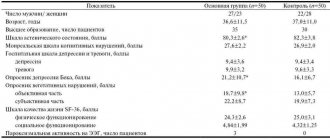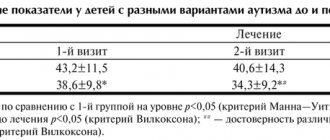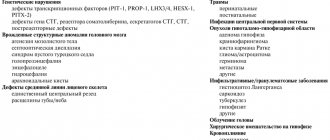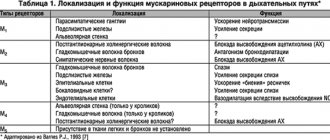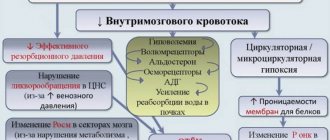Actovegin amp 200mg 5ml N 5
Active substance: deproteinized calf blood haemoderivative
pharmachologic effect
An antihypoxic agent that has three types of effects: metabolic, neuroprotective and microcirculatory.
Actovegin® increases the absorption and utilization of oxygen; The phospho-oligosaccharides contained in the drug inositol have a positive effect on the transport and utilization of glucose, which leads to an improvement in the energy metabolism of cells and a decrease in the formation of lactate under ischemic conditions. Several ways to implement the neuroprotective mechanism of action of the drug are being considered.
Actovegin® prevents the development of apoptosis induced by beta-amyloid (Aβ25-35).
Actovegin® modulates the activity of nuclear factor kappa B (NF-kB), which plays an important role in the regulation of apoptosis and inflammation in the central and peripheral nervous system.
Another mechanism of action involves the nuclear enzyme poly(ADP-ribose) polymerase (PARP). PARP plays an important role in the detection and repair of single-stranded DNA damage, but excessive activation of the enzyme can trigger cell death in conditions such as cerebrovascular disease and diabetic polyneuropathy. Actovegin® inhibits PARP activity, which leads to functional and morphological improvement in the central and peripheral nervous system.
The positive effects of the drug Actovegin®, affecting the processes of microcirculation and endothelium, are an increase in the speed of capillary blood flow, a decrease in the pericapillary zone, a decrease in the myogenic tone of precapillary arterioles and capillary sphincters, a decrease in the degree of arteriovenular shunt blood flow with preferential blood circulation in the capillary bed and stimulation of the function of endothelial oxide synthase nitrogen, affecting the microvasculature.
In the course of various studies, it was found that the effect of the drug Actovegin® occurs no later than 30 minutes after its administration. The maximum effect is observed 3 hours after parenteral and 2-6 hours after oral administration.
Indications for the drug Actovegin®
As part of complex therapy:
- cognitive impairment, including post-stroke cognitive impairment and dementia;
- peripheral circulatory disorders and their consequences;
- diabetic polyneuropathy
Dosage regimen
- The drug is used intravenously, intravenously (including in the form of infusion) and intramuscularly. Depending on the severity of the clinical picture, 10-20 ml of the drug should first be administered intravenously or intravenously daily; then - 5 ml IV or IM slowly, daily or several times a week.
- For infusion administration, 10 to 50 ml of the drug should be added to 200-300 ml of the main solution (isotonic sodium chloride solution or 5% glucose solution). The infusion rate is about 2 ml/min.
- For intramuscular injections, use no more than 5 ml of the drug, which should be administered slowly, since the solution is hypertonic.
- In the acute period of ischemic stroke (starting from days 5-7) - 2000 mg/day intravenously, up to 20 infusions, switching to tablet form, 2 tablets. 3 times/day (1200 mg/day). The total duration of treatment is 6 months.
- For dementia - 2000 mg/day intravenously. Duration of treatment is up to 4 weeks.
- For peripheral circulatory disorders and their consequences - 800-2000 mg/day intravenously or intravenously. Duration of treatment is up to 4 weeks.
- For diabetic polyneuropathy - 2000 mg/day IV drip, 20 infusions with switching to tablet form, 3 tablets. 3 times/day (1800 mg/day). Duration of treatment is from 4 to 5 months.
Before use, consultation with a specialist is required. The method of administration and dosage regimen of a particular drug depend on its release form and other factors. The optimal dosage regimen is determined by the doctor. Storage mode, interactions and side effects are indicated in the instructions
Contraindications for use
- hypersensitivity to the drug Actovegin®, similar drugs or excipients;
- decompensated heart failure;
- pulmonary edema;
- oliguria, anuria;
- fluid retention in the body;
- children and adolescents up to 18 years of age.
- Use during pregnancy and breastfeeding
- During pregnancy and lactation, Actovegin® should be used only in cases where the therapeutic benefit outweighs the potential risk to the fetus or child.
Use in children
The use of the drug is contraindicated in children and adolescents under 18 years of age.
